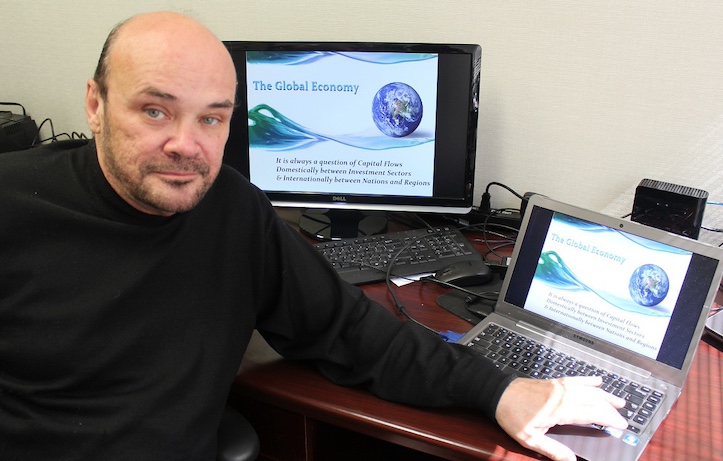Child Sex Predators Caught Sneaking Into South Texas

Gay Men Have Newborn Baby Killed After Their Surrogate is Diagnosed With Cancer

BREAKING: Border Patrol Agent Shot in Face by Biden Illegal in NYC

Top Analyst Martin Armstrong Warns: “100% Chance of Nuclear War”

Top analyst Martin Armstrong has issued a dire warning of a “100% chance of nuclear war,” escalating from his signals six weeks ago of a major turn toward conflict, now urging the world to “plan […]
The post Top Analyst Martin Armstrong Warns: “100% Chance of Nuclear War” appeared first on The People’s Voice.
Clinton-Appointed Judge Given Power To Decide if Epstein Files Get Released

A Clinton-appointed judge, Richard Berman, has been given sweeping power to decide if the explosive Epstein files are released to the public, potentially shielding damning details about elite involvement in Jeffrey Epstein’s network. This authority […]
The post Clinton-Appointed Judge Given Power To Decide if Epstein Files Get Released appeared first on The People’s Voice.

